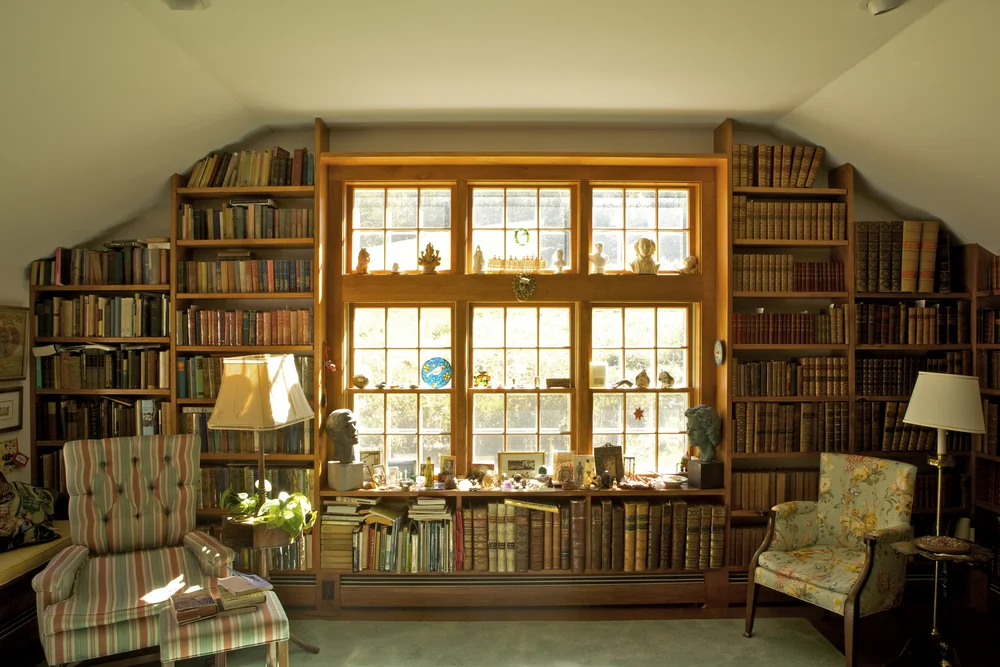THERE IS VERY little religion in Shakespeare, but when he is greatest, he is most religious. It is curious that the plays that fit this best are, like The Lord of the Rings, in their own way fairy tales. There is The Tempest, that masque of his old age where all comes right in the end, where like Rembrandt in his last self-portraits Shakespeare smiles up out of his wrinkles and speaks into the night a golden word too absurd to be anything perhaps but true, the laughter of things beyond the tears of things.
And there is King Lear, its Cinderella opening with the wicked sisters and the good one. But then the fairy tale is turned on its head, and although everything comes right in the end, everything also does not come right—religion books are usually tidier. Blinded, old Gloucester sees the truth about his sons but too late to save the day. Cordelia is vindicated in her innocence only to be destroyed more grotesquely because more pointlessly than her sisters in their lustful cunning. And Lear himself emerges from his madness to become truly a king at last, but dies then babbling that his dead darling lives and fumbling with a button at his throat.
- Originally published in A Room Called Remember

